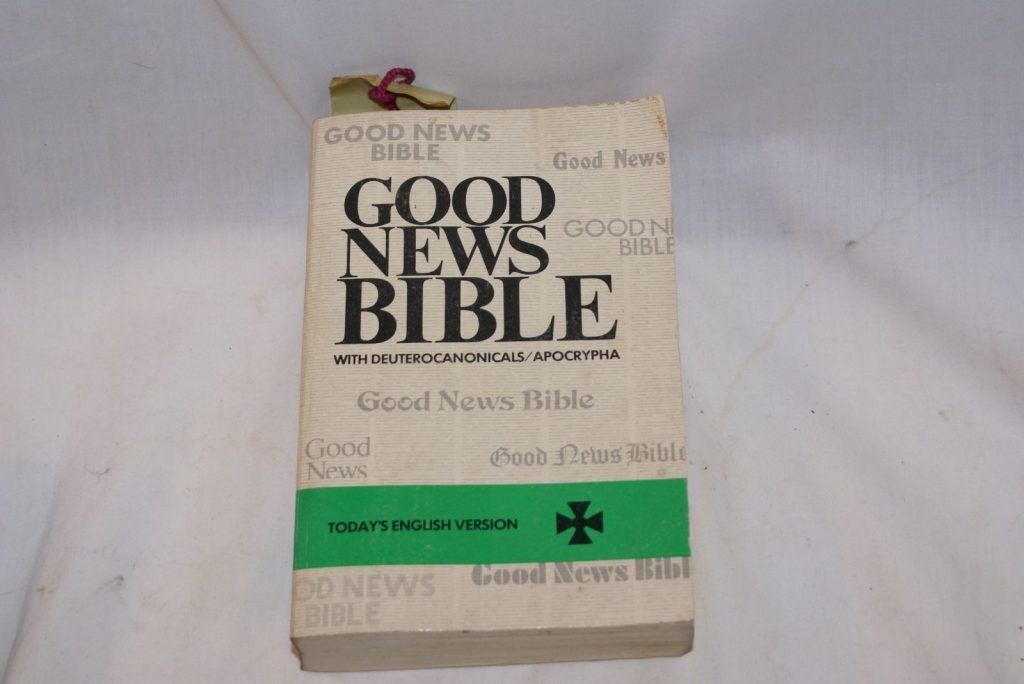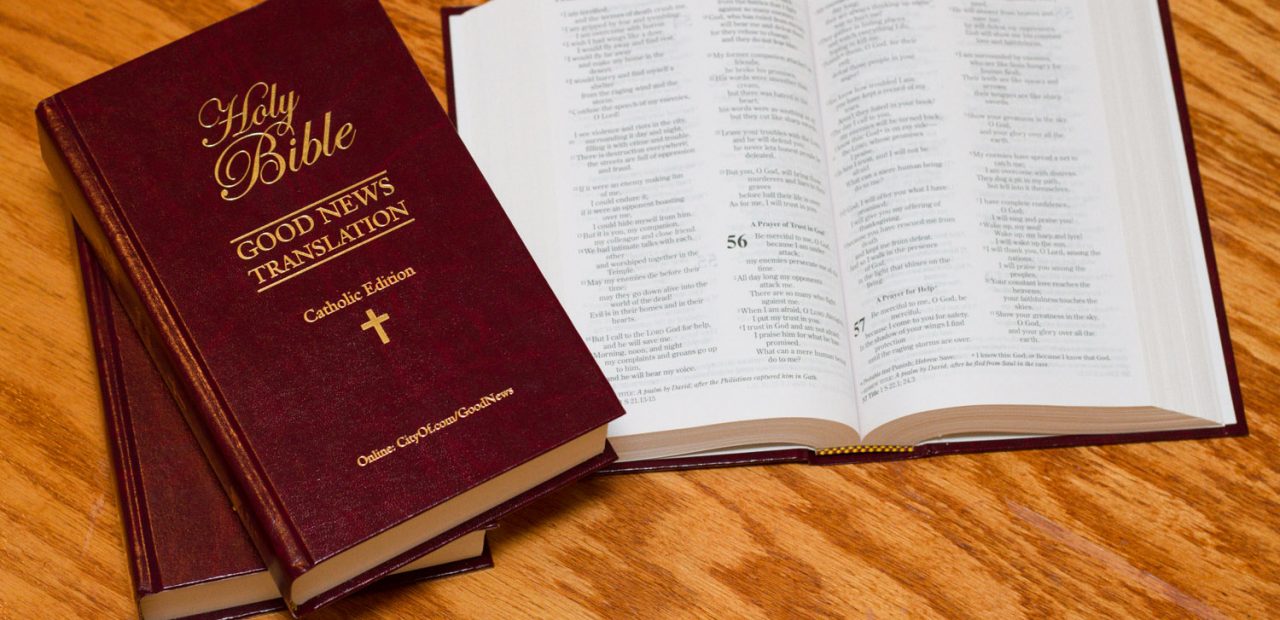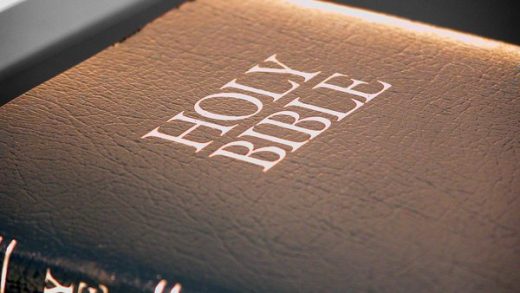In What Ways Do Catholic and Christian Bibles Differ One from Another
Although many people believe that there are huge and very significant differences between Christianity and Catholicism, the truth is: there aren’t. The two are very much alike, with one minor difference that seems to draw the rest of the differences that constitute the two religious movements. Both Christianity and Catholicism rely on the Bible and follow it as the sacred book, with one minor difference: they interpret it differently. From this point on, the two streams or religious movements seem to differ largely in their customs, beliefs and ways, although in their core, they’re the same.
There are many differences between Christianity and Catholicism that have derived from that different interpretation of the sacred texts and among them is the different Bibles they use. If you are new to the practice of studying the Bible and want to get more insightful knowledge in the matter, you should consider the Bible you’ll get. As a catholic (born and raised), I got the Good News Bible Catholic edition. I was curious to see how a catholic Bible differs from a Christian one, so I compared my Good News Bible Catholic edition to a Christian one: the contemporary English version. And yes, there are differences.

For example, the catholic version doesn’t include the so-called Gnostic gospels, which were taken out of the original version back in the 4th century. Also, Catholics believe that The Holly Roman Catholic Church is the only divine authority on Earth and that God speaks His will through the Holly Pope. Christians on the other hand, read both the old and the new testament, include all the known and accessible Gnostic Gospels and believe in the Holly Spirit as part of the Holly Trinity.
Finally, Catholics have different dates for certain important events in the catholic religion which is kind of intriguing: was Christ born in January, or late December?
Besides this, there are some differences in understanding the general religious traditions. For example, the Roman Church establishes a formal Liturgy on one day which is the same for all Catholic Churches worldwide. Christians on the other hand, gather on Sunday for communal worship as according to the Gospels, that is the day when God rested and the day when Christ was resurrected.
So bottom line would be, that although the meaning of the content is pretty much the same, the two Bibles differ in the outlining of many traditions and practices, as well as some historic facts which are a result of the different book constitution (having in mind the left out Gospels). Ultimately, choosing a Bible will depend largely on your religious devotion.















